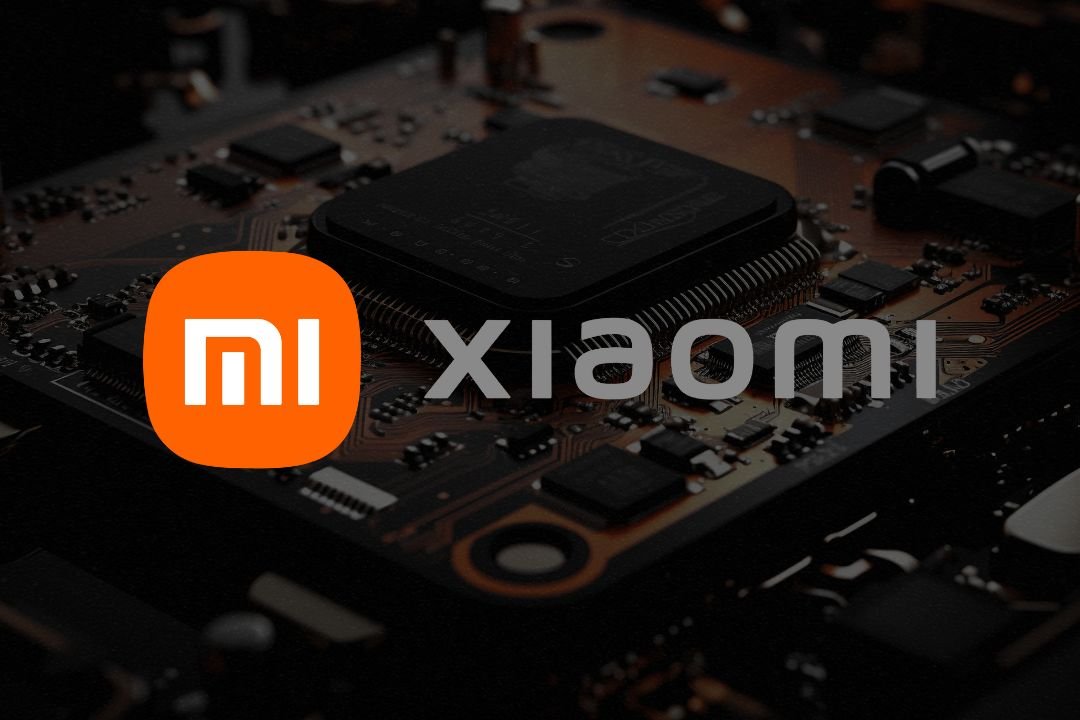Since Apple made the bold decision to move away from Intel in 2020, a growing number of smartphone manufacturers have been exploring the idea of designing their own silicon. Apple has clearly been the leader in this shift, but Android rivals are gradually catching up, testing the waters to take more control over their hardware.
In the Android camp, Google has already teamed up with Samsung to develop its Tensor chipsets. The next generation of Pixel devices might even feature a completely custom chipset created by Google itself, marking a significant step in the company’s hardware ambitions.
This shift towards homegrown chips, particularly among American brands, seems to be influencing Chinese smartphone manufacturers to follow suit and create their own chips. Xiaomi, for example, is reportedly working on developing its own mobile chipset, according to a report from Android Authority. The Chinese tech giant could begin mass production of its chips as soon as next year. At present, Xiaomi relies on chipsets designed by Qualcomm and MediaTek for its devices, with its latest 15 series powered by Qualcomm’s Snapdragon 8 Elite.
The report suggests that Xiaomi’s new chipset will be built using TSMC’s 4nm (N4P) process, and could offer performance similar to that of the Snapdragon 8 Gen 1, which was released in 2022. It’s expected that Xiaomi may also use off-the-shelf parts from Arm for the development of the chip.
One possible reason behind Xiaomi’s move to develop its own chipset is the Chinese government’s recent push to strengthen local businesses. With policies that encourage reducing reliance on foreign technology, it seems the company is looking to align with national objectives, as well as gain greater control over its future hardware.











